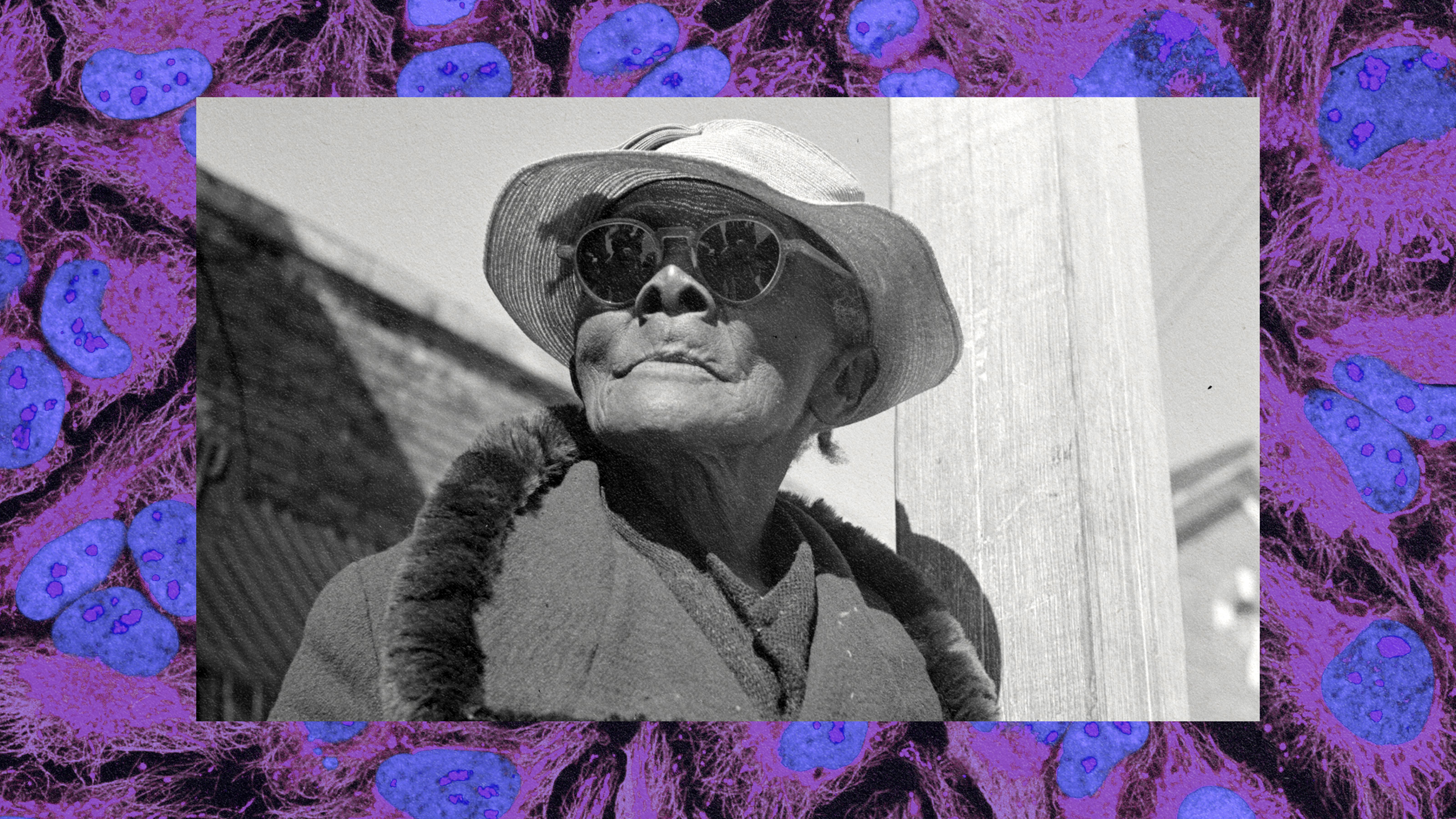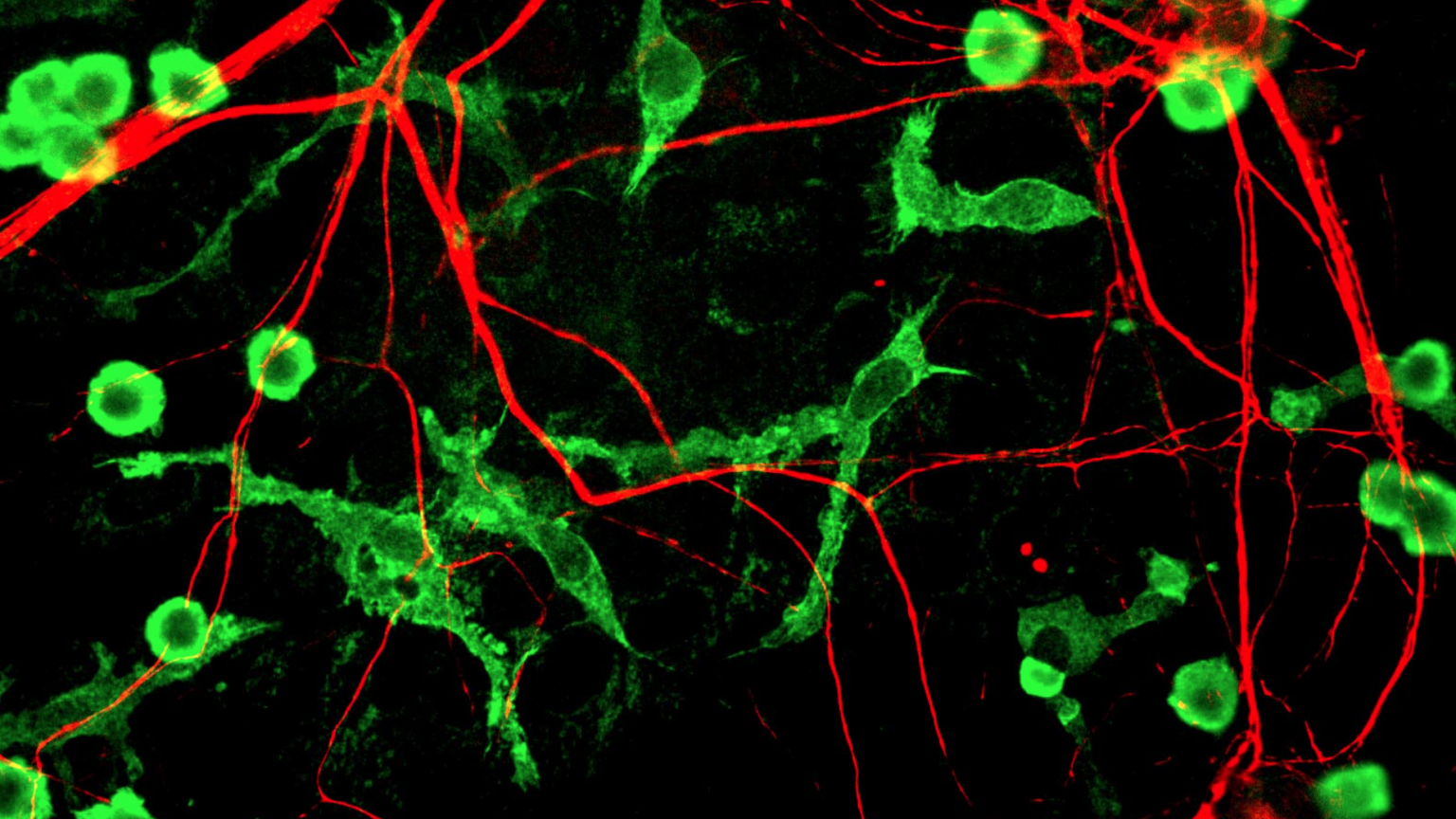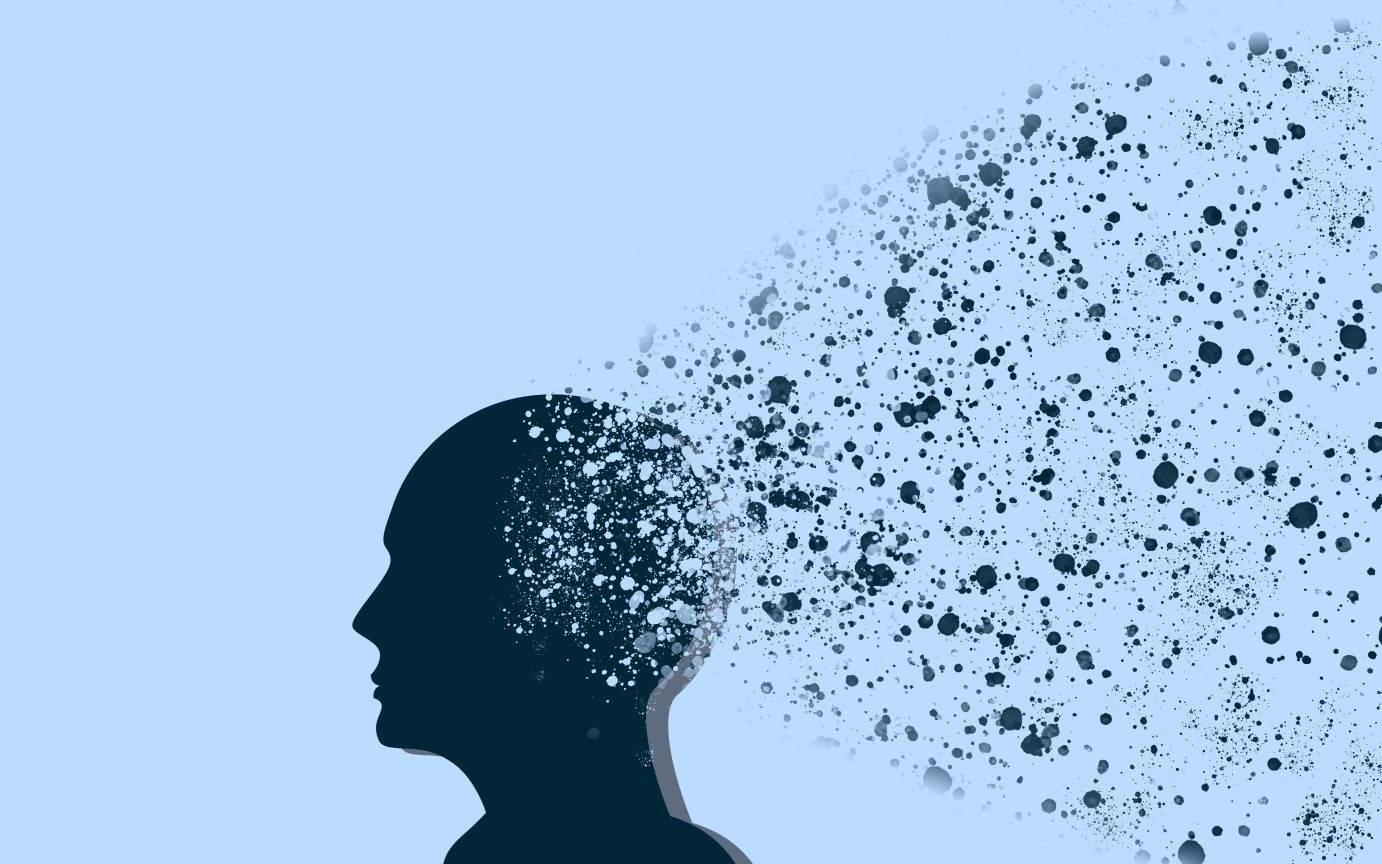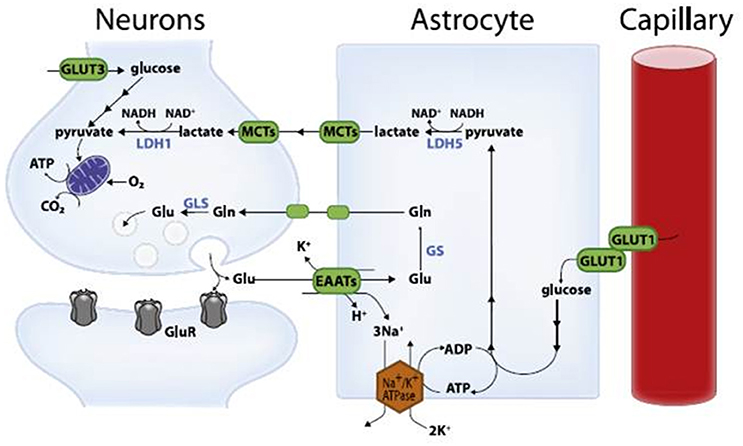Heavy drinking increases the risk of Alzheimer’s, and now we know why

One in 14 people ages 65 and older develop Alzheimer’s. Experts say we are all at risk, although some of us are far more likely to develop it than others. Its origin is complex. The neurodegenerative disorder is thought to have both genetic and environmental components. New research shows that alcohol consumption is more weighty a cause than first thought, particularly heavy drinking on a consistent basis.
In a recent French study, containing 57,000 early onset dementia patients, 57% showed significant, alcohol-related brain damage. According to the CDC, booze remains the most abused intoxicant in America today. Alcohol use disorder is responsible for 88,000 deaths per year, whether it be alcoholism-related, from binge drinking, or some other form. Long-term, heavy drinking has been known to significantly increase the risk of early onset dementia.
Amyloid beta plaque buildup in the brain causes Alzheimer’s. These sticky globules of protein attach to neurons and choke them out. We’ve known that certain genes speed this process, and that alcohol somehow effects them. Now, a study by researchers at the University of Illinois at Chicago shows exactly what occurs and how heavy drinking affects this common form of dementia. The results of the study were published in the Journal ofNeuroinflammation.

Alcoholism leads to a significant number of deaths per year. It can also cause early-onset Alzheimer’s. (Credit: Getty Images.)
While there’s some evidence that light, occasional drinking may help prevent Alzheimer’s, heavy drinking has been shown to slow special immune cells, called microglial cells, whose job it is to clear amyloid plaque from the brain. Microglial cells are found in the brain and spine. They’re responsible for protecting neurons from damage. These cells do so by surrounding an amyloid beta plaque globule and absorbing it, a process called phagocytosis, which roughly means “the action of cells eating.”
Consistent exposure to high levels of alcohol has been known to excite microglial cells and cause inflammation within them. But exactly why or how has not been known. To better understand the connection, lead author Dr. Douglas Feinstein and fellow researchers took rat microglial cells and exposed them to either alcohol, cytokines—which cause inflammation, or alcohol and cytokines. Each exposure lasted 24 hours, after which the scientists examined the cells’ genes. Had their expression changed? Could these cells still take out amyloid beta plaque?

Could alcohol intake recommendations based on risk help prevent Alzheimer’s later in life? (Credit: Getty Images)
Dr. Feinstein and colleagues showed that phagocytosis was inhibited by 15% an hour after exposure to high levels of alcohol. Such exposure changed the expression of 312 genes. 3,082 genes were expressed differently when exposed to cytokines alone. Both alcohol and cytokines together altered the expression of 3,552 genes. This is the first time alcohol exposure has been proven to inhibit phagocytosis. What’s more, the study shows exactly how heavy drinking and the inflammation it causes inhibits microglial cells from clearing amyloid plaque from the brain.
Dr. Feinstein told Newsweek, “There is a large literature supporting the idea that low amounts of alcohol can be beneficial, not only peripherally but in the brain. However, it might be prudent that if someone is at risk to develop AD, they should consider to reduce their alcohol intake and certainly avoid binge or heavy drinking.”
While no one should take part in such drinking more research might fine-tune exactly how much is safe to consume at a sitting and over time, for those with a high risk of Alzheimer’s. These results, though insightful, are preliminary. Much more research will be needed to gain a greater understanding of all the complexities involved.
To learn more about heavy drinking and its impact on the brain, click here:





